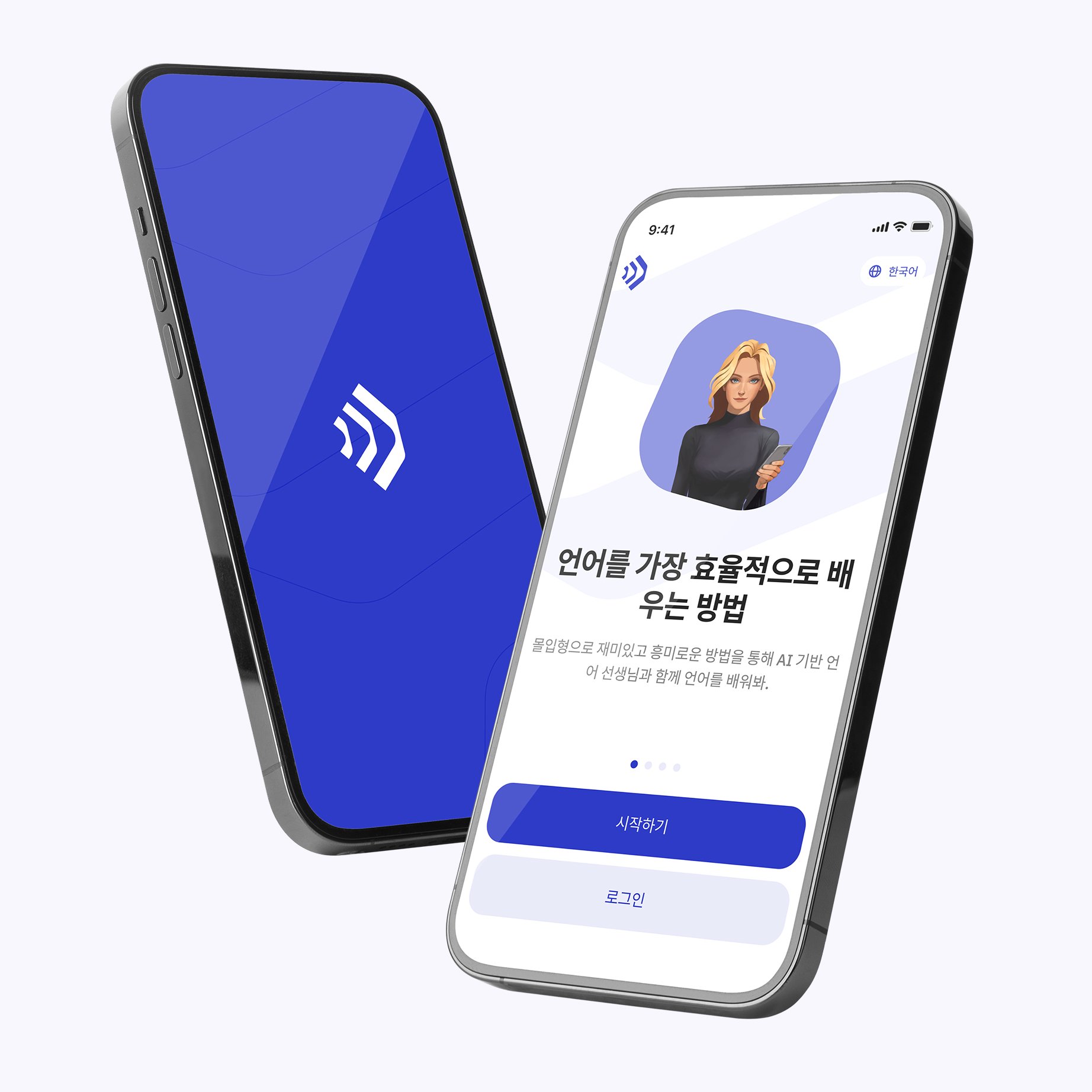두 번째 조건문 연습 1
1. If I *gallai* fly, I would travel the world. (동사 ‘can’의 가정법 과거형)
2. If she *oedd* here, she would help us. (동사 ‘to be’의 가정법 과거형)
3. If we *gallwn* understand Welsh, it would be easier. (동사 ‘can’의 가정법 과거형, 1인칭 복수)
4. If he *gallai* speak louder, we could hear him better. (동사 ‘can’의 가정법 과거형)
5. If you *fyddech* kind, everyone would like you. (동사 ‘to be’의 가정법 과거형, 2인칭 단수)
6. If they *oeddent* early, we would start on time. (동사 ‘to be’의 가정법 과거형, 3인칭 복수)
7. If I *gallwn* sing well, I would join the choir. (동사 ‘can’의 가정법 과거형, 1인칭 단수)
8. If she *fyddai* study harder, she would pass the exam. (동사 ‘to be’의 가정법 과거형)
9. If we *fyddem* travel more, we would learn a lot. (동사 ‘to be’의 가정법 과거형, 1인칭 복수)
10. If you *gallech* come earlier, we could prepare together. (동사 ‘can’의 가정법 과거형, 2인칭 복수)
2. If she *oedd* here, she would help us. (동사 ‘to be’의 가정법 과거형)
3. If we *gallwn* understand Welsh, it would be easier. (동사 ‘can’의 가정법 과거형, 1인칭 복수)
4. If he *gallai* speak louder, we could hear him better. (동사 ‘can’의 가정법 과거형)
5. If you *fyddech* kind, everyone would like you. (동사 ‘to be’의 가정법 과거형, 2인칭 단수)
6. If they *oeddent* early, we would start on time. (동사 ‘to be’의 가정법 과거형, 3인칭 복수)
7. If I *gallwn* sing well, I would join the choir. (동사 ‘can’의 가정법 과거형, 1인칭 단수)
8. If she *fyddai* study harder, she would pass the exam. (동사 ‘to be’의 가정법 과거형)
9. If we *fyddem* travel more, we would learn a lot. (동사 ‘to be’의 가정법 과거형, 1인칭 복수)
10. If you *gallech* come earlier, we could prepare together. (동사 ‘can’의 가정법 과거형, 2인칭 복수)
두 번째 조건문 연습 2
1. If he *fyddai* try harder, he would succeed. (동사 ‘to be’의 가정법 과거형)
2. If I *oeddwn* rich, I would buy a big house. (동사 ‘to be’의 가정법 과거형, 1인칭 단수)
3. If they *gallen* come to the party, it would be fun. (동사 ‘can’의 가정법 과거형, 3인칭 복수)
4. If you *fyddet* listen carefully, you would understand. (동사 ‘to be’의 가정법 과거형, 2인칭 단수)
5. If we *gallen* speak Welsh fluently, it would help a lot. (동사 ‘can’의 가정법 과거형, 1인칭 복수)
6. If she *oeddai* know the answer, she would tell us. (동사 ‘to be’의 가정법 과거형)
7. If I *gallem* help you, I would do it. (동사 ‘can’의 가정법 과거형, 1인칭 단수)
8. If they *fyddent* arrive soon, we could start the meeting. (동사 ‘to be’의 가정법 과거형, 3인칭 복수)
9. If you *gallwch* read this book, it would improve your Welsh. (동사 ‘can’의 가정법 과거형, 2인칭 복수)
10. If he *oeddai* have time, he would visit us. (동사 ‘to be’의 가정법 과거형)
2. If I *oeddwn* rich, I would buy a big house. (동사 ‘to be’의 가정법 과거형, 1인칭 단수)
3. If they *gallen* come to the party, it would be fun. (동사 ‘can’의 가정법 과거형, 3인칭 복수)
4. If you *fyddet* listen carefully, you would understand. (동사 ‘to be’의 가정법 과거형, 2인칭 단수)
5. If we *gallen* speak Welsh fluently, it would help a lot. (동사 ‘can’의 가정법 과거형, 1인칭 복수)
6. If she *oeddai* know the answer, she would tell us. (동사 ‘to be’의 가정법 과거형)
7. If I *gallem* help you, I would do it. (동사 ‘can’의 가정법 과거형, 1인칭 단수)
8. If they *fyddent* arrive soon, we could start the meeting. (동사 ‘to be’의 가정법 과거형, 3인칭 복수)
9. If you *gallwch* read this book, it would improve your Welsh. (동사 ‘can’의 가정법 과거형, 2인칭 복수)
10. If he *oeddai* have time, he would visit us. (동사 ‘to be’의 가정법 과거형)










